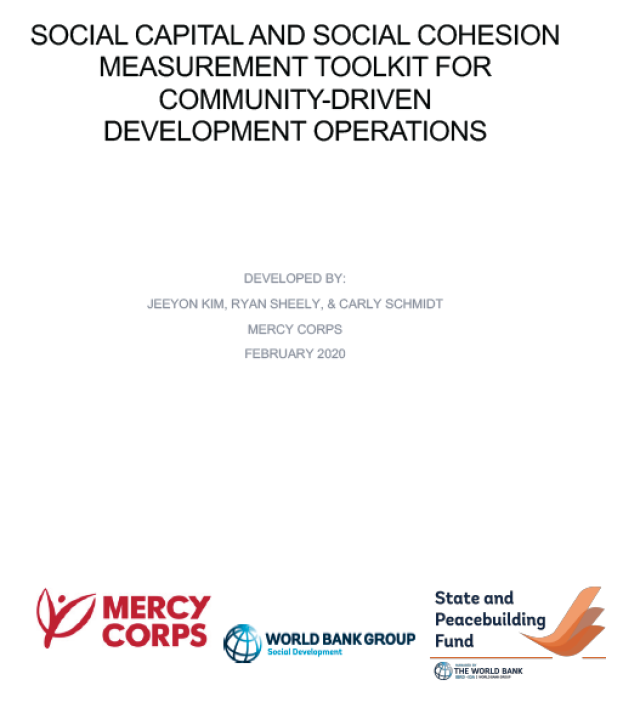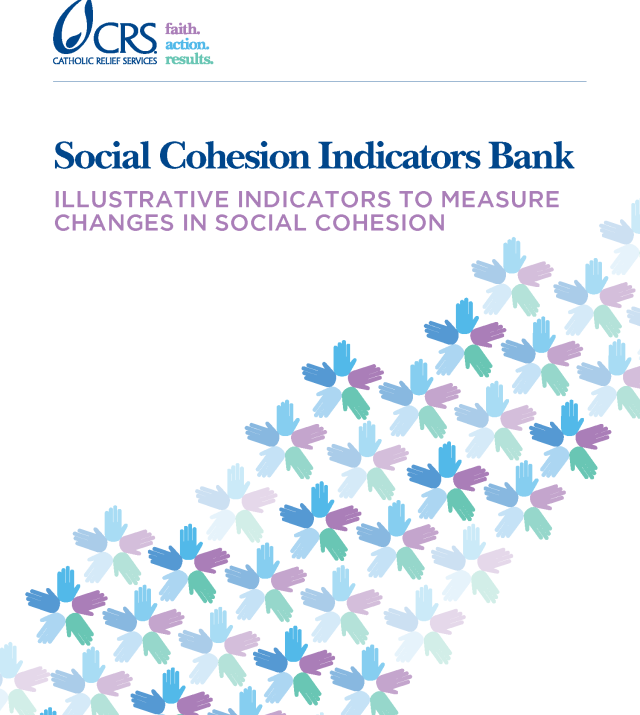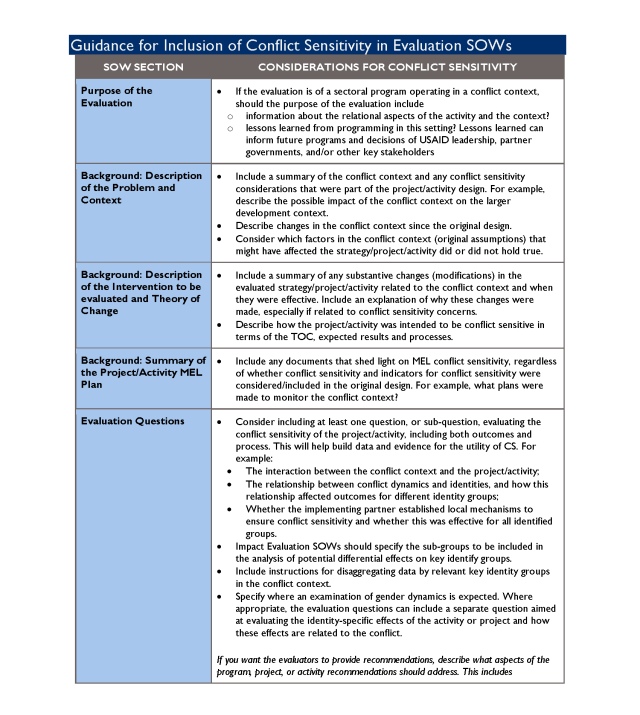
Randomized Controlled Trials (RCTs) for Peacebuilding: Lessons from Nigeria's Middle Belt

Many peacebuilding interventions are rooted in the theory that if we bring conflicting groups together to work toward mutual goals, then trust between the two groups will improve, and violence will decrease. Mercy Corps implemented a study that examines the effectiveness of such an intervention in Nigeria’s Middle Belt, where resource-based conflict between farmers and pastoralists has led to thousands of deaths and costs the Nigerian economy nearly $14 billion a year. The project used a randomized controlled trial (RCT) to examine how the overall intervention affects communities. The paper discusses the benefits and obstacles (including ethical concerns) to conducting an RCT in a conflict environment and provides recommendations to help practitioners, donors, and researchers as they consider implementing an RCT of a peacebuilding program.

